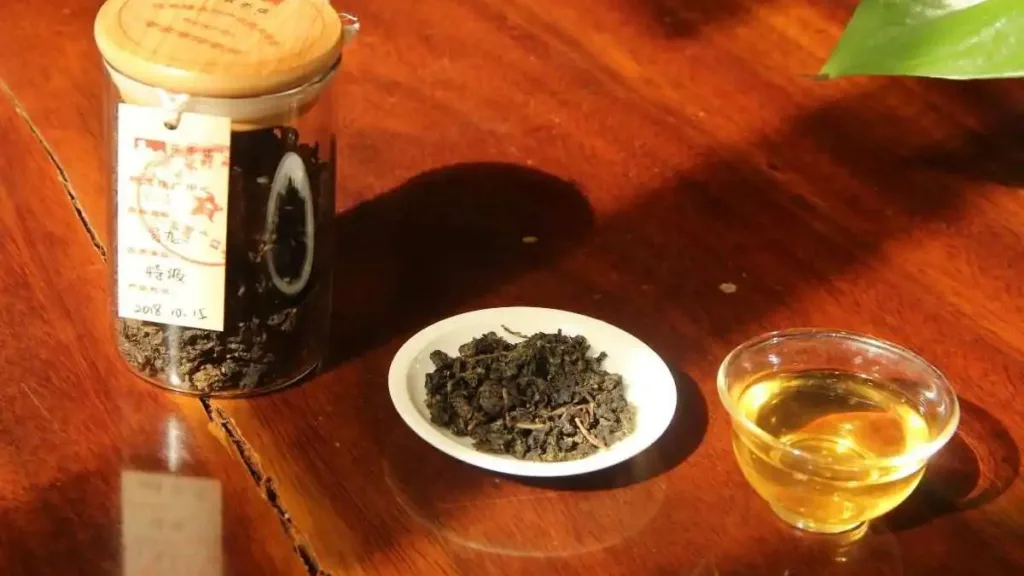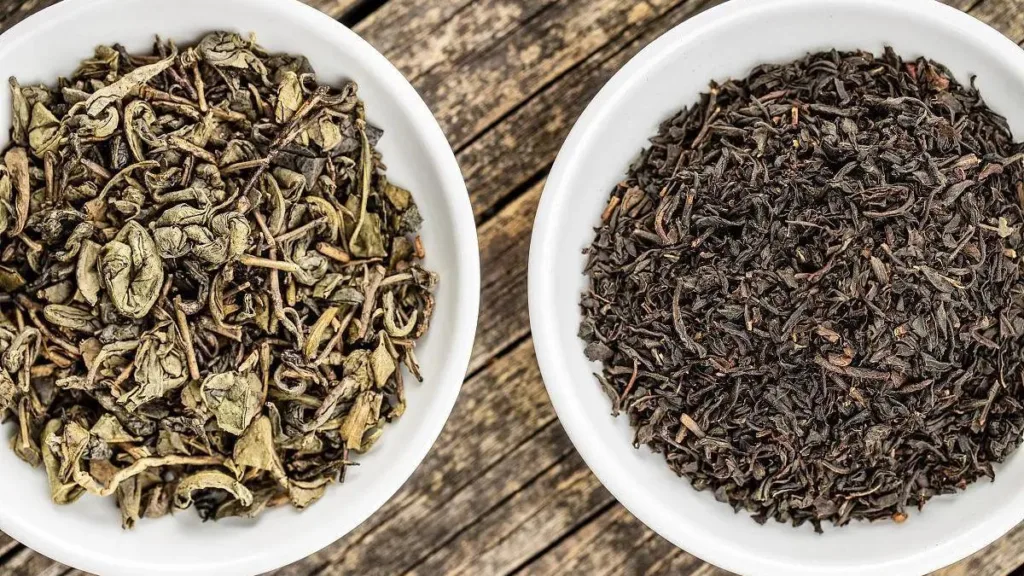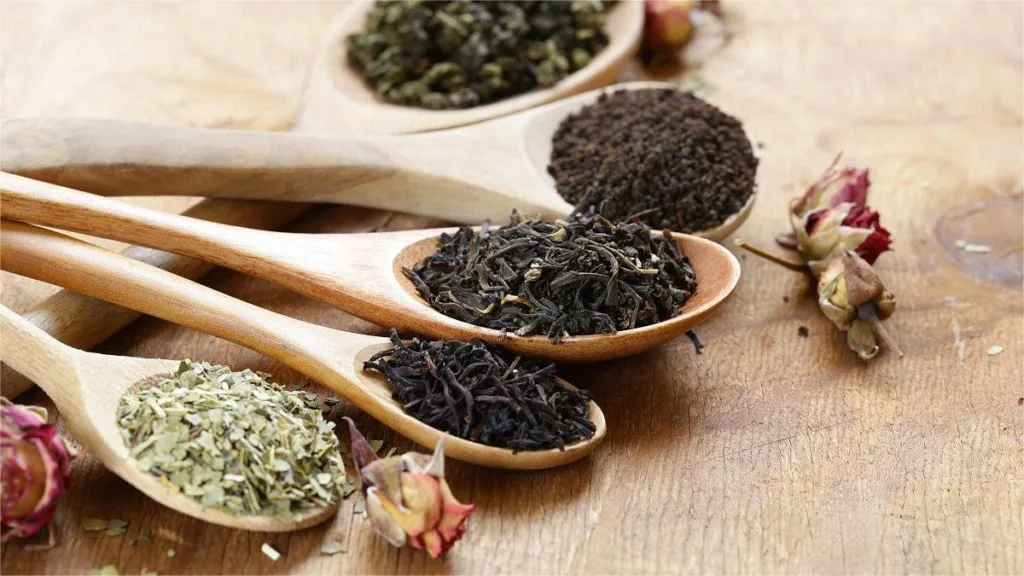Tea holds a special place in Chinese culture, transcending its status as a mere beverage to become a symbol of tradition, philosophy, social interaction, and even art. The rich history of tea in China dates back thousands of years, and its significance extends beyond the act of consumption, permeating various aspects of life. To understand the profound symbolism of tea in Chinese culture, one must delve into its origins, evolution, and the diverse roles it plays in the lives of the Chinese people.
Historical Roots:
Tea’s origins in China can be traced back to ancient times, with legends suggesting that it was discovered accidentally by Emperor Shen Nong around 2737 BCE. As the story goes, tea leaves fell into the emperor’s boiling water, creating a refreshing and invigorating beverage. This serendipitous discovery marked the beginning of tea cultivation and consumption in China.
Initially used for medicinal purposes, tea gradually evolved into a cultural phenomenon. During the Tang Dynasty (618–907 CE), tea-drinking became popular among the elite, marking the emergence of tea as a symbol of refinement and sophistication. The subsequent dynasties further contributed to the cultivation, preparation, and appreciation of tea, shaping its cultural significance.
Philosophical Symbolism:
Tea became intertwined with Chinese philosophy, particularly Daoism and Buddhism. The Daoist emphasis on harmony and balance found expression in the preparation and consumption of tea. The act of making and serving tea became a meditative practice, reflecting the Daoist principles of tranquility and simplicity. Similarly, in Buddhism, tea ceremonies provided a contemplative space for self-reflection and mindfulness.
The appreciation of tea as a medium for spiritual and philosophical reflection is evident in the renowned tea scholar Lu Yu’s “Classic of Tea” (茶经, Chá Jīng) written during the Tang Dynasty. Lu Yu’s work not only elevated tea to an art form but also underscored its importance in fostering a connection between individuals and the natural world.
Social Rituals and Customs:
Tea-drinking in China is not merely a solitary act but often a communal and social affair. The traditional Chinese tea ceremony, influenced by Confucianism, emphasizes respect, etiquette, and harmony. Serving and receiving tea become symbolic gestures that embody values of courtesy and mutual understanding.
The practice of offering tea to guests, known as “serving tea” (敬茶, Jìng Chá), is a common ritual in various Chinese ceremonies, including weddings and ancestral worship. This gesture symbolizes hospitality, gratitude, and respect. The act of pouring and receiving tea becomes a non-verbal language, conveying sentiments that words may fail to express.
Cultural Identity:
Tea is deeply embedded in the cultural fabric of China and has become an integral part of its national identity. The diversity of tea types, such as green tea, black tea, oolong tea, and pu-erh tea, reflects the vastness and richness of Chinese culture. Each type carries its unique flavors, aromas, and health benefits, contributing to the kaleidoscope of experiences associated with tea-drinking.
Tea has also inspired various art forms, including poetry, painting, and calligraphy. Many Chinese poets and scholars have extolled the virtues of tea in their works, using it as a metaphor for life, nature, and the human experience. The intricate tea sets and utensils used in tea ceremonies are often crafted with precision and artistic flair, further exemplifying the fusion of functionality and aesthetic beauty.
Health and Well-being:
Beyond its cultural and social significance, tea is valued in Chinese culture for its perceived health benefits. Traditional Chinese medicine recognizes tea as having properties that promote balance and harmony within the body. Green tea, for example, is believed to have antioxidant properties, while pu-erh tea is often associated with digestive health.
The act of brewing and consuming tea is seen as a holistic practice that nourishes both the body and the spirit. The rhythmic process of preparing tea encourages mindfulness and relaxation, contributing to a sense of well-being. This holistic approach to health aligns with the broader Chinese philosophy that views the mind and body as interconnected.
Conclusion:
In Chinese culture, tea transcends its status as a beverage to become a symbol of tradition, philosophy, social interaction, and art. Its historical roots, philosophical significance, role in social rituals, contribution to cultural identity, and association with health collectively elevate tea to a position of profound importance in the lives of the Chinese people.
The symbolism of tea in Chinese culture is a reflection of the country’s rich history, diverse philosophies, and the deep connections between nature and human existence. Whether sipped in solitude as a meditative practice or shared in a communal setting as a gesture of hospitality, tea remains a thread that weaves through the fabric of Chinese life, embodying values that have withstood the test of time.



